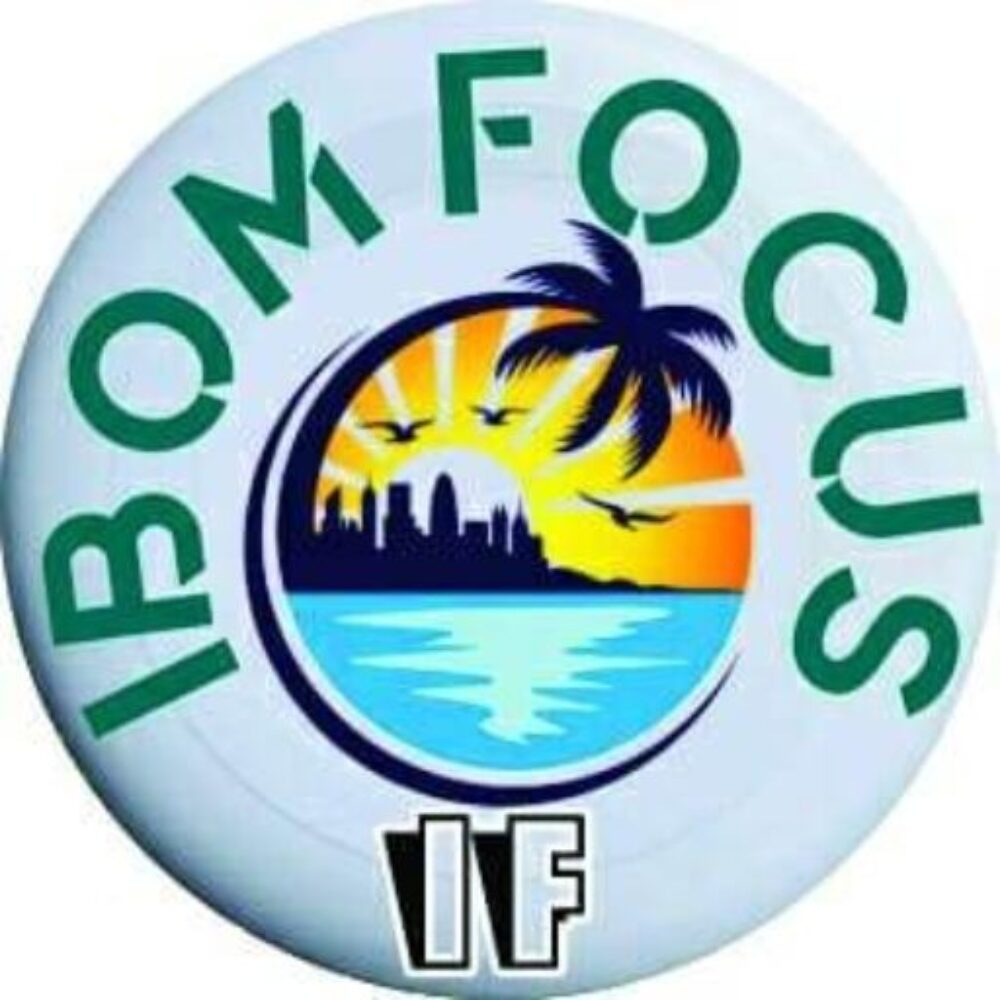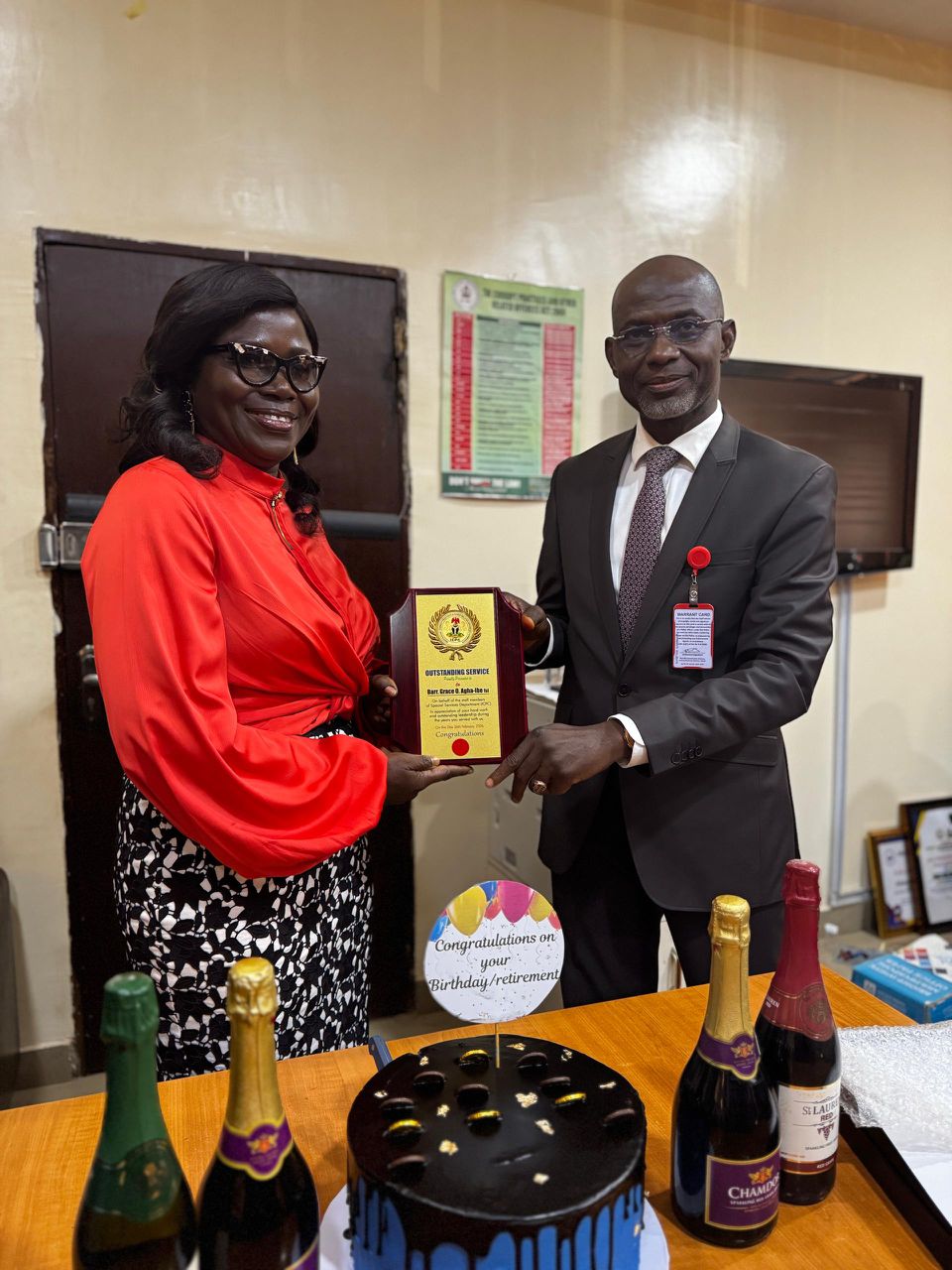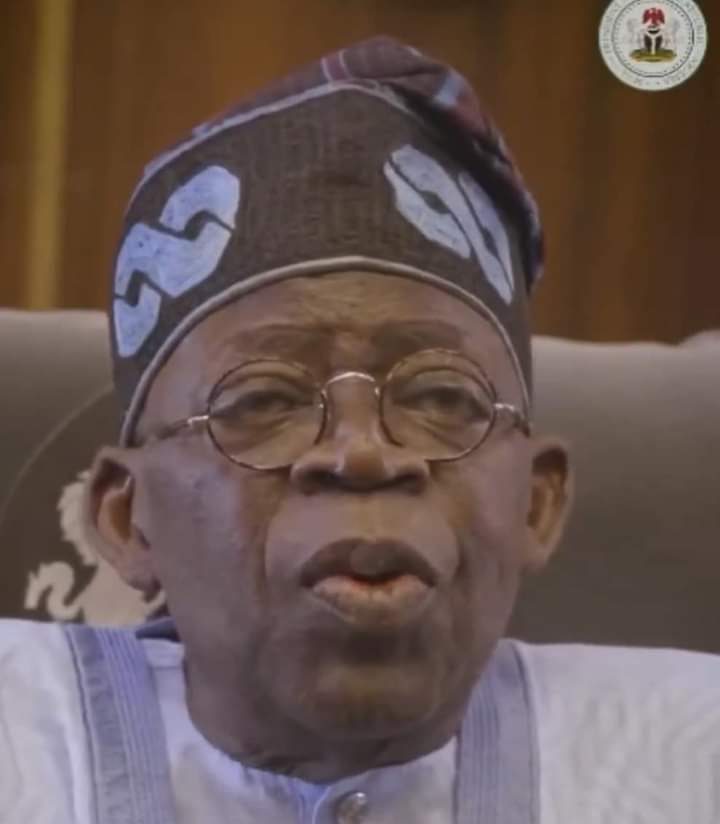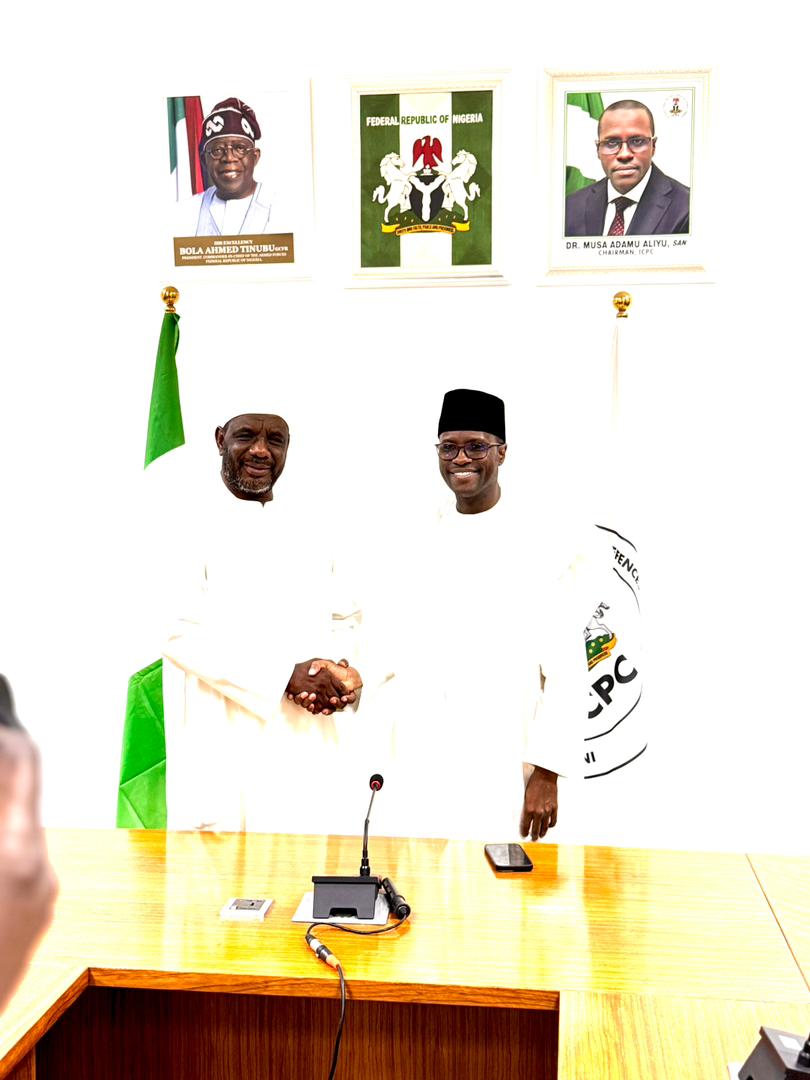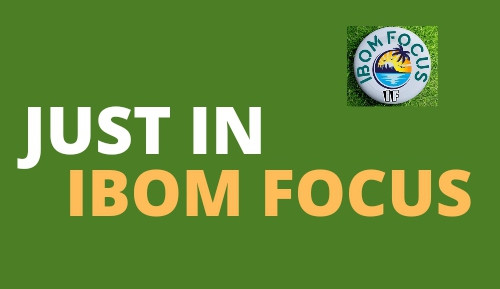
BREAKING: Fuel Price Hike: Shettima Summons Kyari, Ribadu
Vice President Kashim Shettima has summoned Minister of State for Petroleum Resources, Heineken Lokpobiri, Group Managing Director of Nigerian National Petroleum Company Limited (NNPCL), Mele Kyari, and National Security Adviser, Nuhu Ribadu to a crucial meeting in response to the recent surge in fuel prices.
The Vice President is meeting with the trio in his office at the State House, Abuja.
The NNPCL had raised the pump price of Premium Motor Spirit (PMS), commonly known as petrol, from ₦568 to between ₦855 and ₦897 per litre on Tuesday.
This increase has been compounded by ongoing fuel shortages and economic instability in the country. Private suppliers have reported even higher prices, with some selling petrol at ₦1,200 per litre.
The hike follows an acknowledgment from the NNPC that it is facing significant financial challenges in maintaining fuel supplies. In Lagos, Abuja, and Kano, private petrol stations were closed, leading to long queues at NNPC stations.
The fuel price increase has been met with widespread condemnation from various groups, including the Nigerian Labour Congress (NLC), Trade Union Congress (TUC), Nigerian Bar Association (NBA), and Nigerian Medical Association (NMA).
NLC President Joe Ajaero criticized the hike, accusing the government of betraying workers and calling for an immediate reversal of the increase. Ajaero also demanded the release of individuals detained during recent protests and a halt to policies that exacerbate economic hardship.
In defence of the price increase, presidential aide Bayo Onanuga stated that raising fuel prices was necessary to support the NNPCL and ensure its contributions to federal revenue.
He highlighted that the upcoming start of petrol production at the Dangote refinery, Africa’s largest, is expected to alleviate some of the economic pressure. Onanuga emphasized that tough decisions are required to ensure the survival of NNPC and stabilize the government’s operations.
Since taking office, President Tinubu has pursued a “Renewed Hope” agenda, aiming to implement economic reforms intended to stabilize the economy and attract investment.
This includes ending a costly fuel subsidy and liberalizing the naira. Despite these efforts, inflation soared to a 30-year high of 34 percent in June, with food inflation remaining high. In response, the government has increased the minimum wage for public sector workers and introduced other measures to mitigate the impact of rising living costs.
The recent fuel price hike has already led to noticeable increases in transport and food costs, reflecting the broader economic challenges facing Nigeria.
More details to follow…
